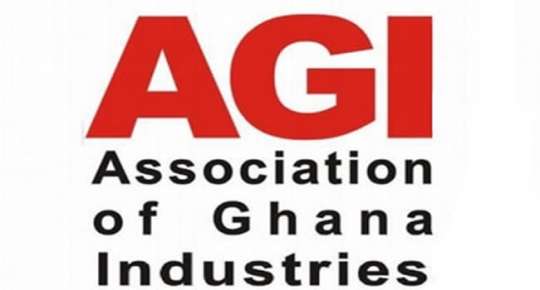The Association of Ghana Industries (AGI) is hopeful the government will review the prevailing tax regime to engender recovery from the downturn caused by the Coronavirus pandemic.
The finance minister, in the coming days or weeks, is expected to undertake a mid-year review of its 2021 Budget Statement and Economic Policy and AGI’s President, Dr. Yaw Gyamfi, says his outfit has being engaging the Ministry of Finance to come up with a more favourable tax regime that takes into consideration the considerable reduction in output of industry and how to quicken recovery.
“We are hoping so,” Dr. Gyamfi said when asked if he expects some taxes to be reviewed, following a meeting with the Minister of Finance, Ken Ofori-Atta in Accra.
“Even though things are picking up at a very slow pace in terms of our operations, discussions with the ministry of finance are still ongoing so that the mid-year budget review will come up with something favourable for industry; so that we can see much improvement in the next two quarters,” he revealed.
Making a case for a favourable tax review, he said some of the taxes, failing to state specifics, introduced by the 2021 budget are negatively affecting industry. This, coupled with the difficulties brought by COVID-19, he explains, has led to many companies experiencing a drastic reduction in revenues.
Selective application of benchmark values
Although Dr. Gyamfi said it was too early to name the taxes likely to reviewed, there is every indication that the 50 percent benchmark values policy would be adjusted. He said it will augur well for both the government and industry, if the policy is applied only on products that cannot be produced domestically.
This is because, per AGI’s analysis, the flat or generic application of the 50 percent benchmark values on imported products, regardless of whether the country has the capacity to make them or not, makes foreign made products cheaper than locally produced ones, thereby making the policy counterproductive.
For instance, reducing duties by 50 percent on imported rice, makes it way cheaper than locally produced rice, says Vipul Jain of Avnash, a domestic processor of rice.
Even though the rationale behind the 50 percent benchmark values was to attract more import trade business through the country’s ports and in effect more revenue for the state, that has not been realized since its inception in 2019, says the AGI. “We are not calling for its abolishment, but we have all realized that imported products are cheaper than locally produced ones,” adds Dr. Gyamfi.
To him, what AGI is against is the flat application of the policy in spite of whether the product can be produced locally or not. Corroborating the AGI President, Mr. Jain said the policy is encouraging importation rather than local production and therefore, collapsing local manufacturing, hence must be relooked at urgently.







